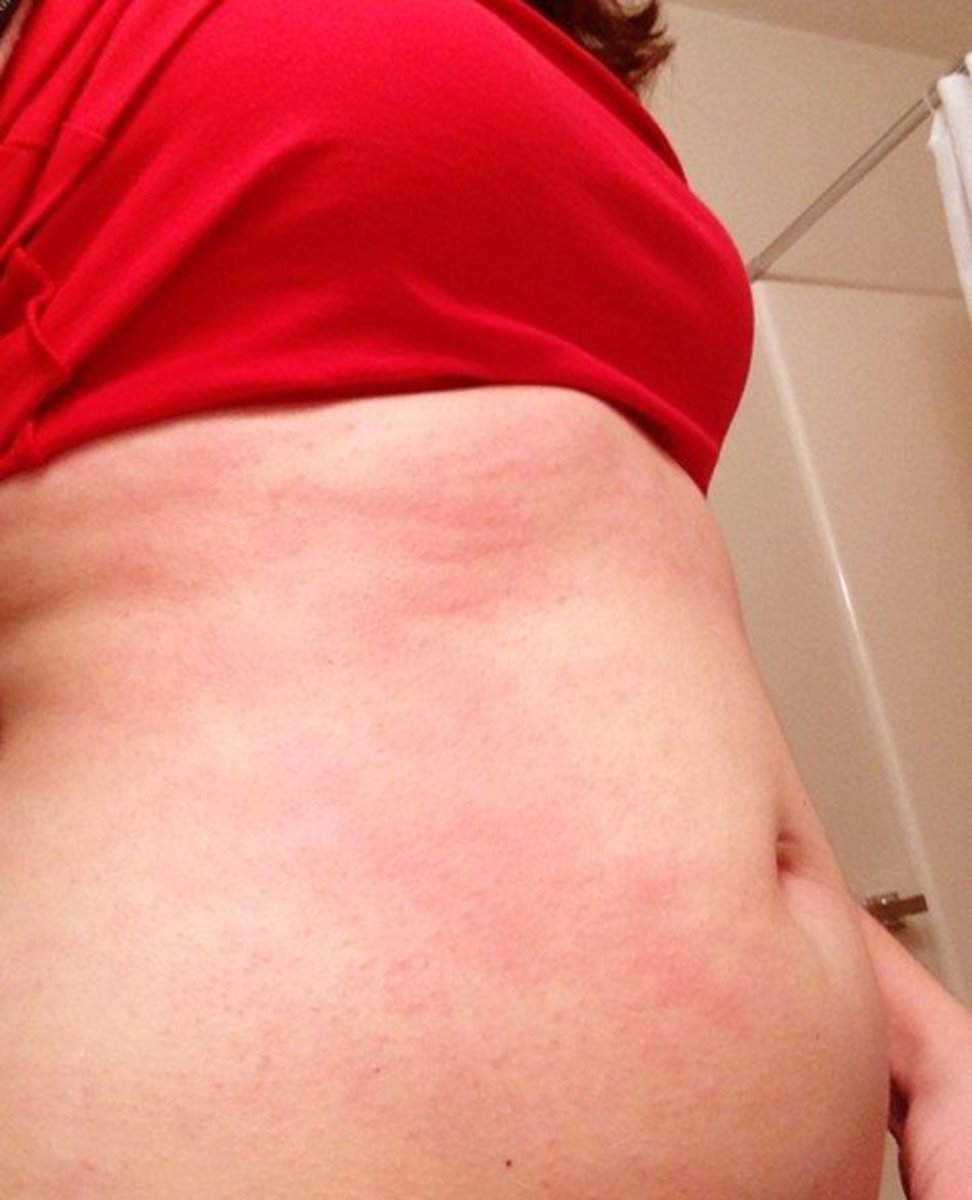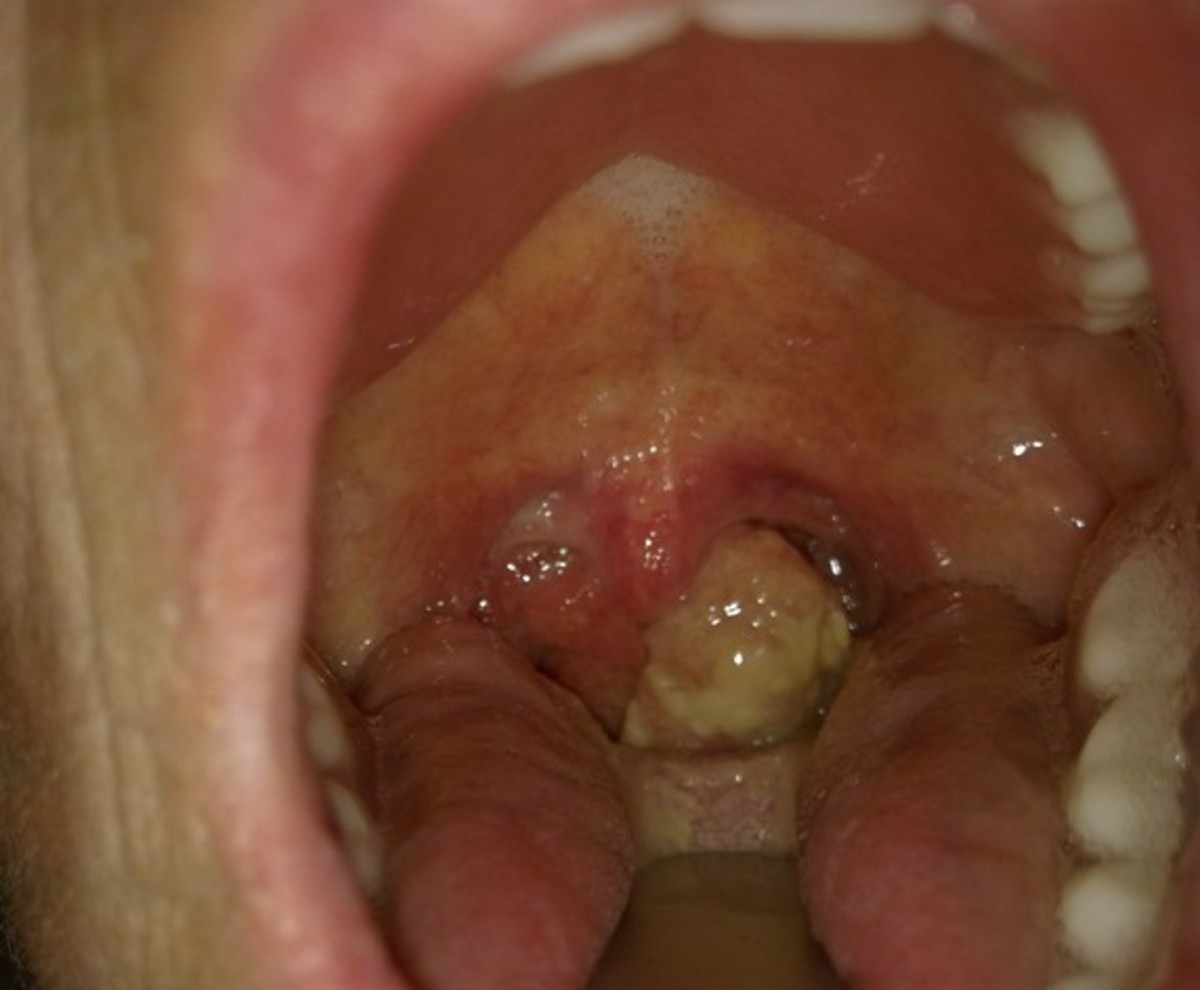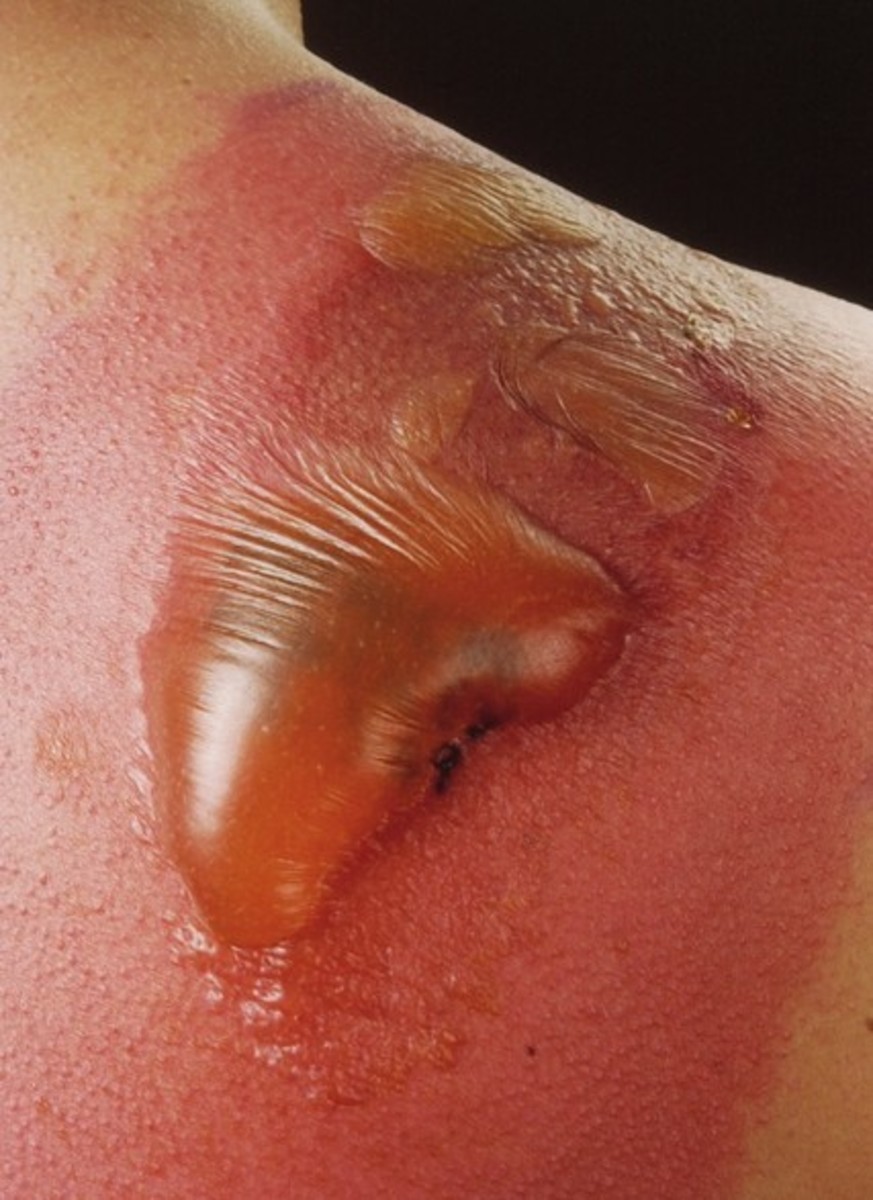How to Make Acne Vanish Overnight

How to Make Acne Vanish Overnight
Those of us who have been struggling with pimples for years wish we could shed ourselves of the condition overnight. Although this is anything but a practical desire, desperate people who can no longer deal with the disorder constantly buy products promising a clean complexion by the following day. This desperation is what feeds the industry to concot expensive products that deliver empty promises. As someone who suffers from a disfiguring skin disorder such as acne, it is your responsibility to educate yourself about the mechanism behind the condition to get a better grasp of whether or not a particular treatment will work. A little homework can go a far way in getting you clear skin with spending exorbitant amounts of money.
This hub will take a comprehensive look into how you can make acne vanish, albeit not essentially overnight. In order to accomplish this, we will look at what causes acne as well as what popular medications do to stop the disorder in its tracks. Finally, we will make some product recommendations to ensure you have the right products to succeed.
The Many Causes of Acne
Despite popular belief, one single factor cannot be contributed to acne. Some allege that oily skin, for instance, causes acne. This is not the case. There are people that can literally see beads of oil collecting on their skin. Yet, they have as clear a complexion as can be. Too many people make false assumptions about acne, and spread these assumptions around as if they were fact. Misinformation can be detrimental when it comes to acne treatment. In some instances, you can severely worsen your breakouts if you follow the advice of il-informed individuals.
Acne comes to form when the hair follicle becomes plugged by dead skin cells. Following this obstruction, sebum, an oily substance which the skin excretes to help retain moisture starts to pool inside the follicle. Sebum generally rises to the surface of the skin unobstructed. At this point, p. acnes bacteria become active. This contradicts popular assumptions that bacteria is the root cause of acne, and largely explains why treatments focusing on bacteria management alone are ineffective. P. acnes bacteria relies on sebum for food. With such vast quantities of food available inside the pore, the bacteria begin to thrive. This is when those red and inflamed acne lesions we have come to know and love surface.
A number of factors can directly determine whether or not your will develop acne. Hormones can play a large role in the development of the condition, especially in women, who experience drastic hormonal fluctuations. This form of acne is typically centralized in the chin area. Treatment can consist of conventional topical/antibiotic combinations, or birth control. Genetic factors can also predispose someone to developing this skin disorder. You may have inherited an abnormal desquamation cycle from one of your parents. If they had acne as teens, this should make perfect sense.
Lifestyle factors, to a lesser extent, are also responsible for acne. A diet consisting largely of processed foods is said to contribute to poor sebum quality, which can cause breakouts. Sleep deprivation is also an important variable to consider. Even negligible behaviors, such as sleeping with your cheek rested against the pillow can worsen acne. Detergents used to wash pillow cases and bed sheets are often to blame.
What Causes Acne?
Successful Treatment
Successful acne treatment should tackle all the factors involved. Desquamation needs to be normalized, bacteria levels need to be kept in control, and finally existing lesions need to be addressed. Prescription regimens that feature topical retinoids such as Tretinoin, used in conjunction with oral and topical antibiotics can treat all these problem areas. To do so, however, they often require at least six weeks. It takes time to help your skin purge existing lesions (many which are not visible at eye level). When you wonder why skin constantly breaks out in the first months of your treatment, this is why. Lesions waiting to happen are being extracted to the surface. It is important to not be discouraged by this stage and pursue onwards. Those that do are very often glad that they did.
Who knows how to make acne vanish overnight? Apparently not dermatoligists and other skin care professionals. The best they have to offer can only cure your acne in a matter of months. Is it really logical to believe that you can treat more than just a simple pimple or two overnight when even those professionally trained in skin care do not offer any instant solutions? I think not.
Retin-A Topical Medication Overview
For "Quick" Results
You can get some relatively quick (several days) improvement in your acne if you follow a few simple rules. Again, don't expect a 100% clear complexion worthy of a Proactiv commercial. Jokes aside, be realistic in your expectations in the short-term. You will likely see a reduction inflammation and less breakouts, but don't expect anything more if it's only been several days. The tips I have to offer are as follows:
- Use a gentle cleanser such as Cetaphil. Free of sodium lauryl sulfate, alcohol, etc. Pat your skin dry.
- Replace your face towels regularly. if you use your hand towel as your face towel, this could be a problem. Consider switching to an acne-safe detergent.
- Use effective topical medications such as 2.5% benzoyl peroxide. Stick to low concentrations to avoid irritation. Topicals such as Retin-A, while more effective, will require a prescription.
- Wear moisturizer and sunscreen. These even apply to those with oily skin. Apply after your topicals to prevent irritation.
- Get enough sleep. Learn to sleep in a proper posture, without placing your cheeks against the pillow.
- Try to avoid getting shampoo on your face while showering. Consider switching to sodium lauryl suflate-free shampoo.
- Eat complex carbohydrates as opposed to processed foods.



